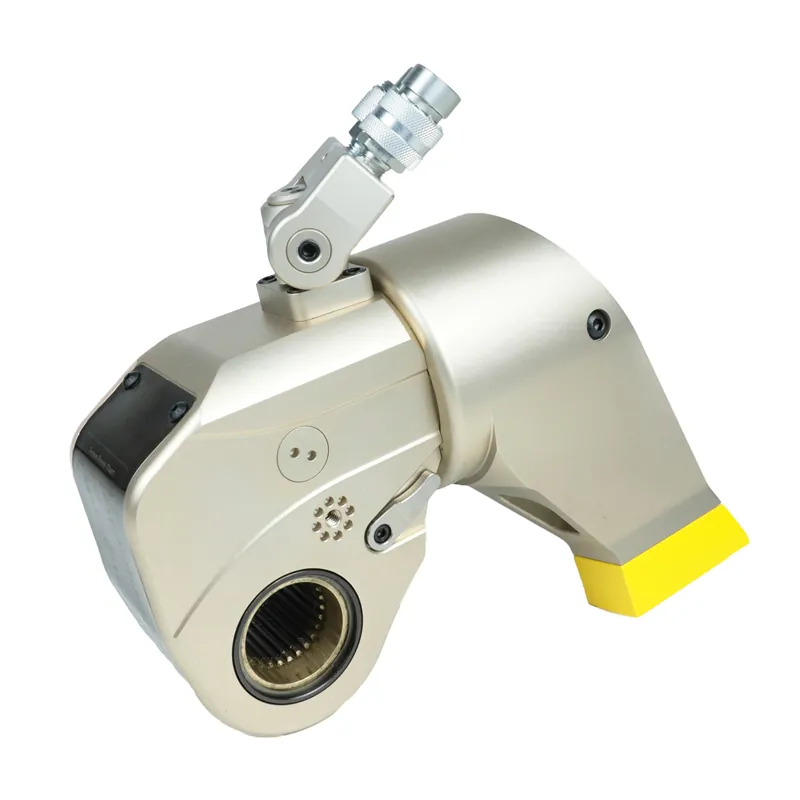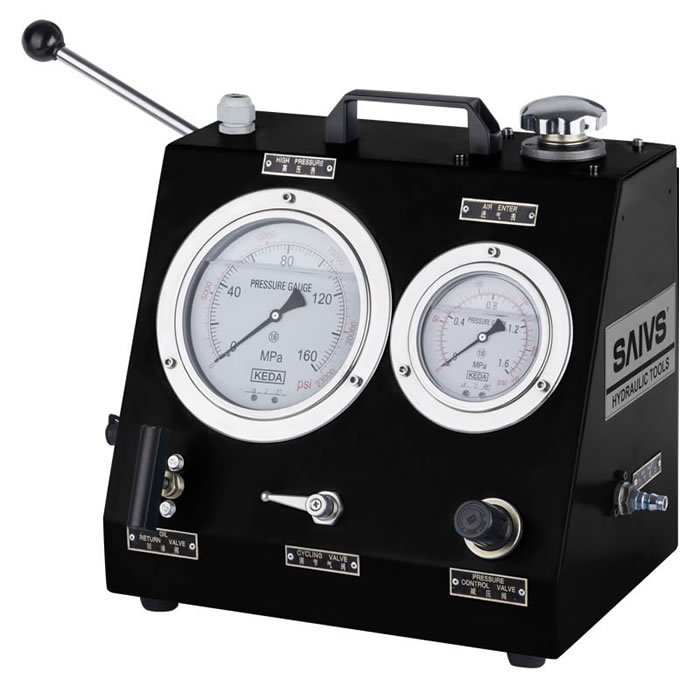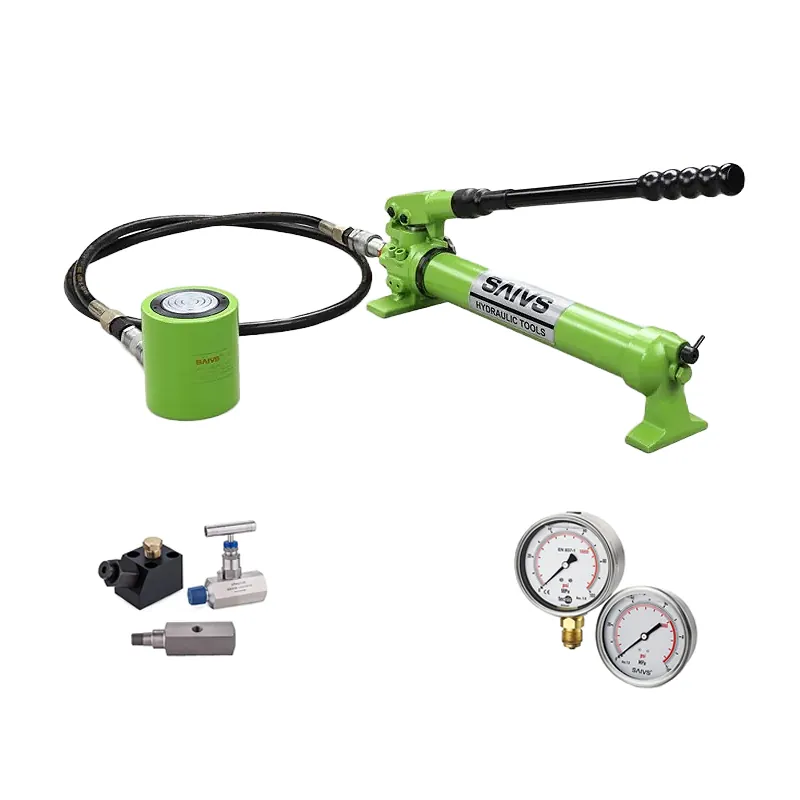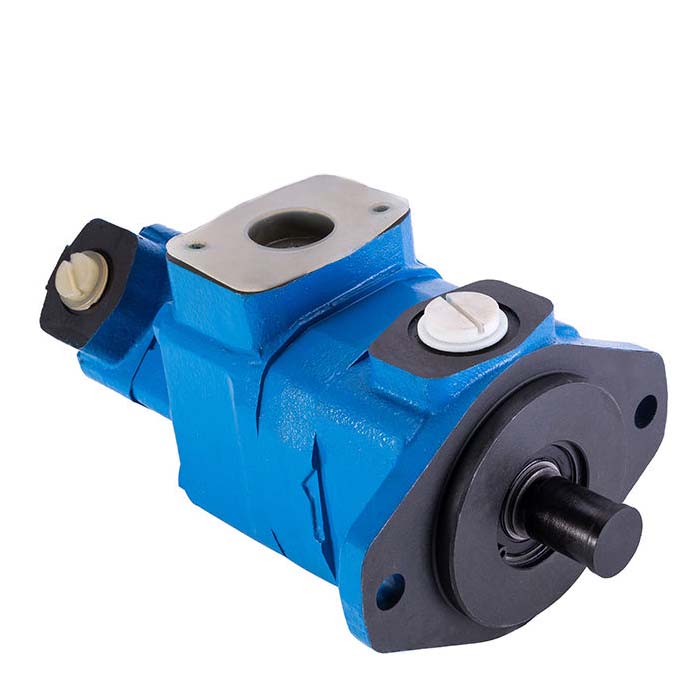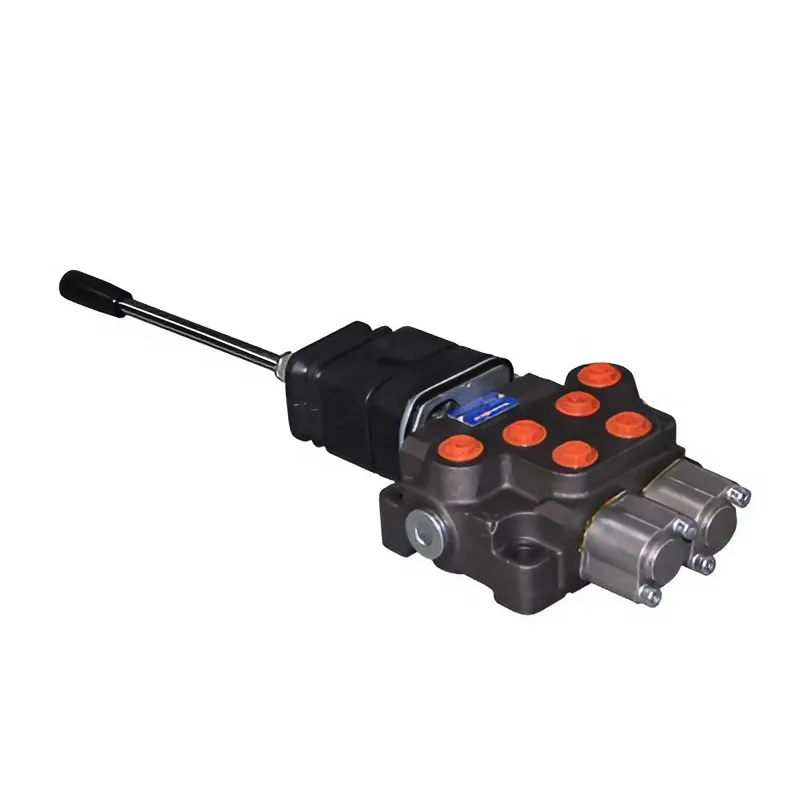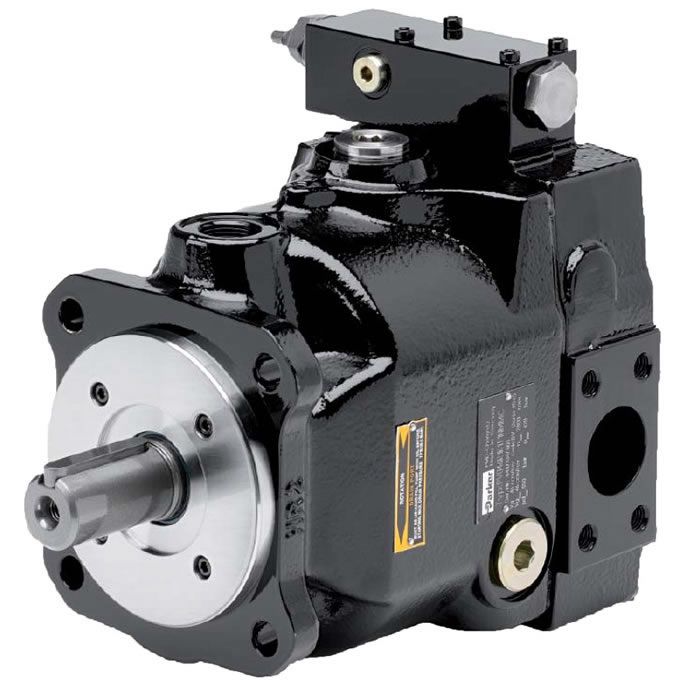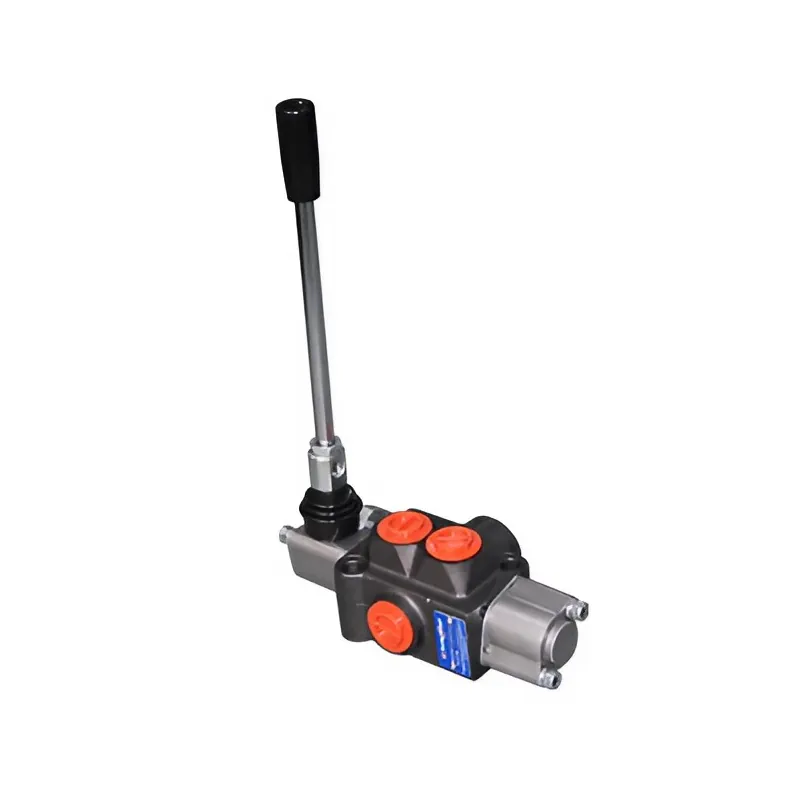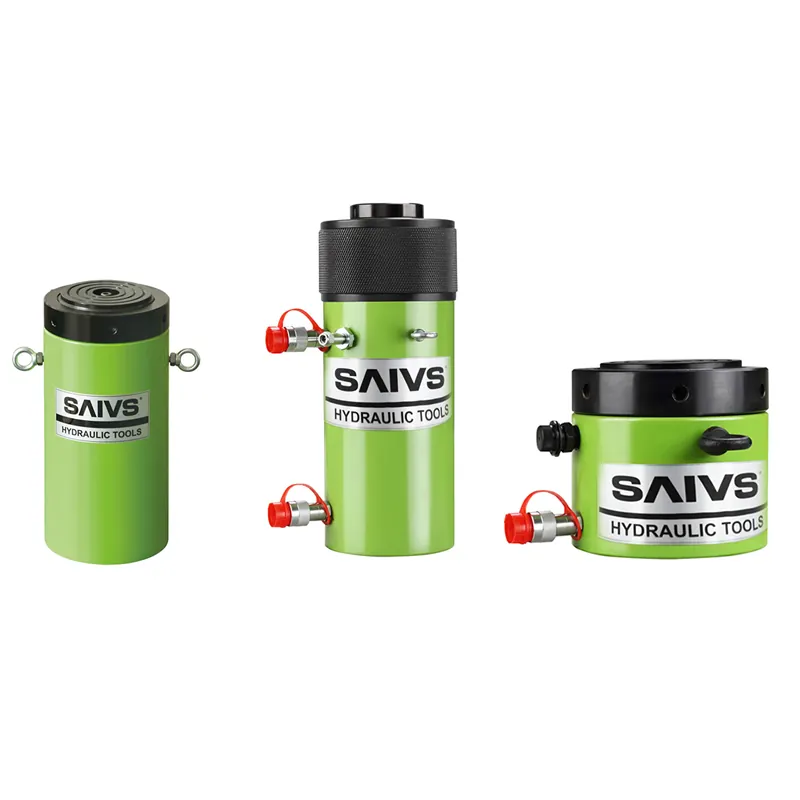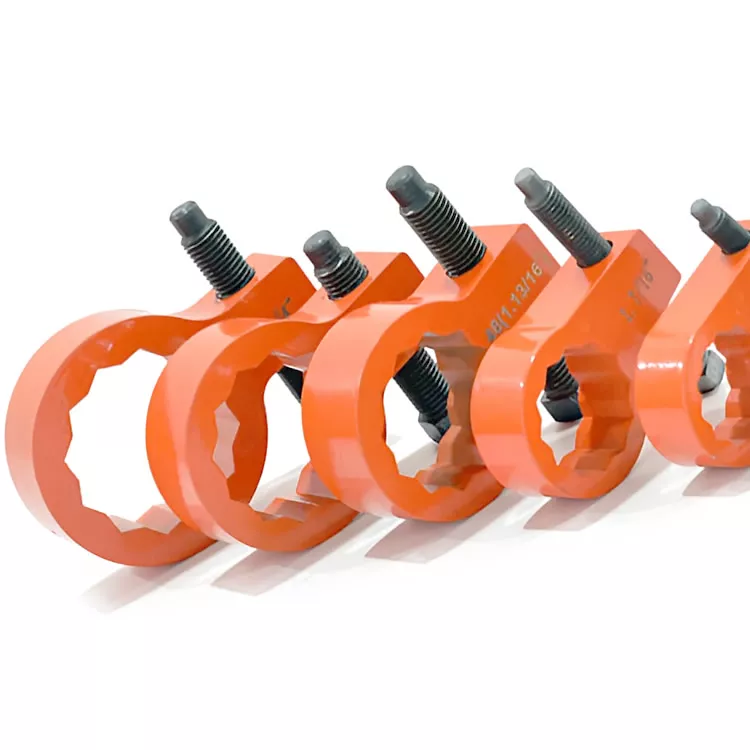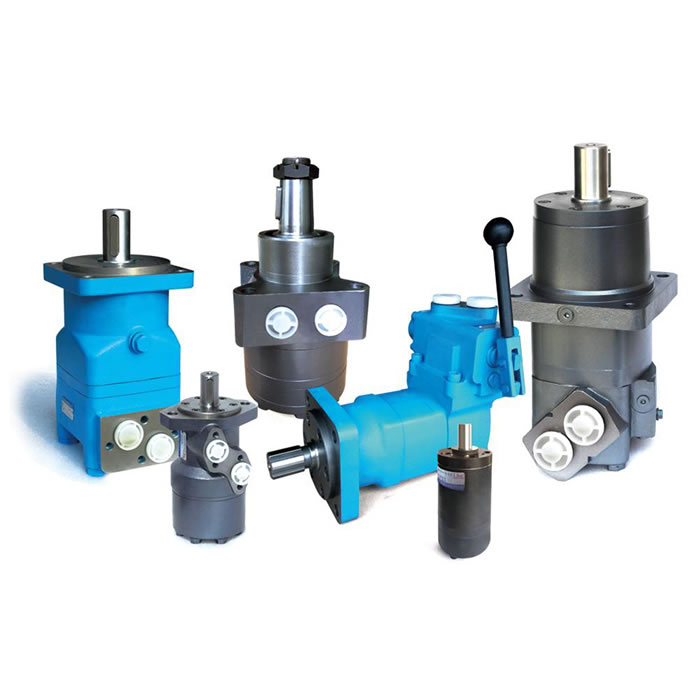Preventing Hydraulic Oil Pollution
Hydraulic Systems are an integral part of many machines used in various industries such as construction,
manufacturing, and transportation, among others. Hydraulic systems work through the use of hydraulic fluid,
which is critical for their efficient operation. However, hydraulic fluid pollution can occur
due to various reasons, leading to system failure and costly repairs.
The signs of hydraulic oil pollution
Decreased Performance
A decrease in the performance of hydraulic systems is a common symptom of oil pollution.
The system may not function optimally, leading to reduced productivity, delays, and ultimately,
losses. Poor performance may occur due to various reasons,
including air contamination, excessive moisture, and debris, among others.
Overheating of the Systems
Hydraulic systems typically operate at high temperatures, and overheating can cause extensive damage.
The use of contaminated hydraulic oil can cause overheating,
which can lead to failure of the hydraulic system.
Overheating can also occur when the hydraulic fluid becomes degraded due
to extended use or exposure to high temperatures.
Leaks and Seals Damage
Leakage is another symptom of hydraulic oil pollution.
The seals of the hydraulic system can degrade due to exposure to contaminated hydraulic fluid,
leading to leaks. The leakage can lead to a loss of pressure,
which affects the system's performance and can cause damage to other components.
Seal damage can also cause the system to overheat and eventually fail.
Corrosion and Metallic Particles
Contaminated hydraulic oil contains corrosion causing agents and metallic particles.
These particles can cause severe damage to the hydraulic system by corroding the metal components,
leading to the destruction of critical parts such as pistons and cylinders.
Corrosion and metallic particles can also lead to increased wear and tear on the system,
which can lead to premature failure.
How to prevent hydraulic oil pollution
Regular System Maintenance
Regular maintenance is essential for the hydraulic system's efficient operation.
This includes regular oil changes, filter replacement, and system inspections.
A proactive maintenance approach can prevent hydraulic oil pollution
by identifying potential issues before they cause damage.
Use of High-Quality Hydraulic Fluid
The use of high-quality hydraulic oil is critical for preventing oil contamination and system failures.
Quality hydraulic fluid minimizes the risk of corrosion, oxidation,
and particle contamination, leading to a system's extended lifespan.
Proper Storage and Handling
Proper storage and handling of hydraulic fluid prevents contamination,
extending the fluid's lifespan. You should store hydraulic oil in clean, dry environments,
preferably free from exposure to extreme temperatures and humidity levels.
You should also take care when changing the hydraulic fluid to preclude contamination by dirt and other particles.

